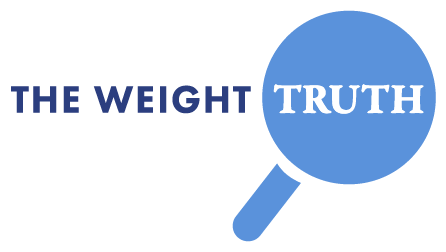Current laws ensure that patients taking the FDA–approved medicines can trust they are getting safe, proven, tested therapies that will work. Unfortunately, concerns surrounding compounded and counterfeit GLP-1s persist because the FDA and other regulators are not adequately enforcing existing laws to protect patient safety.
At the federal level, the FDA has primary responsibility for regulating manufactured drugs and large-scale drug compounding facilities registered with the agency. In the states, the state board of pharmacy licenses pharmacies, including compounders, and oversees their day-to-day operations.
But because coordination and aggressive enforcement can be challenging, advocacy organizations have called for the responsible regulation of compounding pharmacies to ensure patient safety and access to compounded drugs. At the state level, this means increased oversight by boards of pharmacy to confirm the safety standards and regulations regarding compounding are enforced, including routine inspections of compounders – especially those making sterile injectable medicines. It also means requiring pharmacies to follow FDA rules when compounding drug products are allowed during a shortage, and to report adverse events to identify possible quality and safety problems.
At the federal level, advocates have prioritized stepped-up enforcement against compounders and telehealth platforms that continue to sell compounded GLP-1s by adding ingredients or modifying the dosage to claim they are offering “personalized” treatments for weight loss, without demonstrating that these changes are safe or meet a medical need. Advocates and many state attorneys general are also urging the FDA to ramp up enforcement against counterfeiters and online retailers illegally and directly selling the active ingredients in GLP-1 to consumers without a prescription, supposedly for “research purposes.”
Besides these concerns, advocates are focused on federal regulators enforcing existing laws that prohibit false or misleading claims in pharmaceutical advertising, including deceptive images and text that omit safety or side-effect information. And, on this front, there is good news. On September 9, 2025, the Trump Administration directed the FDA and other federal agencies to ensure that direct-to-consumer (DTC) pharmaceutical advertising provides accurate risk disclosures. The FDA acted quickly, sending 100 cease-and-desist letters to drug advertisers on September 12, 2025, including telehealth platforms that aggressively market compounded GLP-1 medicines.
Building on the FDA’s action, the Trump Administration has directed the Federal Trade Commission (FTC) to address the deceptive practices of telehealth companies marketing prescription drugs online. Thus, on September 22, 2025, the National Consumers League and 12 consumer safety, pharmacy, and women’s/minority health organizations submitted a petition urging the FTC to focus first on one of the most problematic areas for online advertising – the pervasive, deceptive, and misleading marketing practices of telehealth platforms that expose consumers to unsubstantiated claims about compounded GLP-1 products.
Providing a roadmap for the FTC to move forward, the petition zeroes in on three categories of advertising practices that violate the Federal Trade Commission Act: 1) ads that omit “material risk information,” such as side effects and contraindications, 2) content that contains statements and omissions that would mislead a reasonable consumer regarding the FDA approval, and 3) unsubstantiated claims regarding product safety and efficacy. Some examples include:
-
- Broadcast and digital ads that completely omit all risk and safety information about compounded GLP-1 products
- Ads that only include brief, superimposed risk declaimers stating that GLP-1 drugs “may differ in risks, benefits, and side effects”
- Putting risk disclosure information in small, hard-to-read type and flashing it quickly in TV spots
- Making implied claims of FDA approval and/or the sameness with the branded drug by juxtaposing images of compounded drugs with easily recognized FDA-approved products, or stating that the compounded version has the “same active ingredient”
- Using terms like “clinically backed weight loss treatment,” “doctor trusted,” and “trusted by experts” with no substantiation
Taken together, strong action to stop deceptive advertising and aggressive enforcement against compounders selling altered “personalized” products and bad actors selling the active ingredients in GLP-1 to consumers without a prescription will go a long way toward protecting consumers from unsafe, potentially harmful products.















